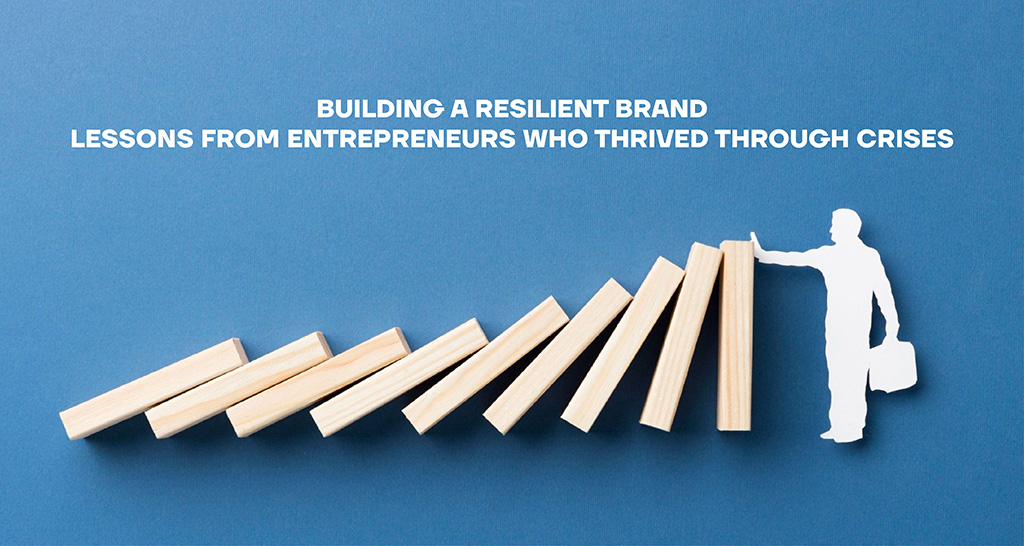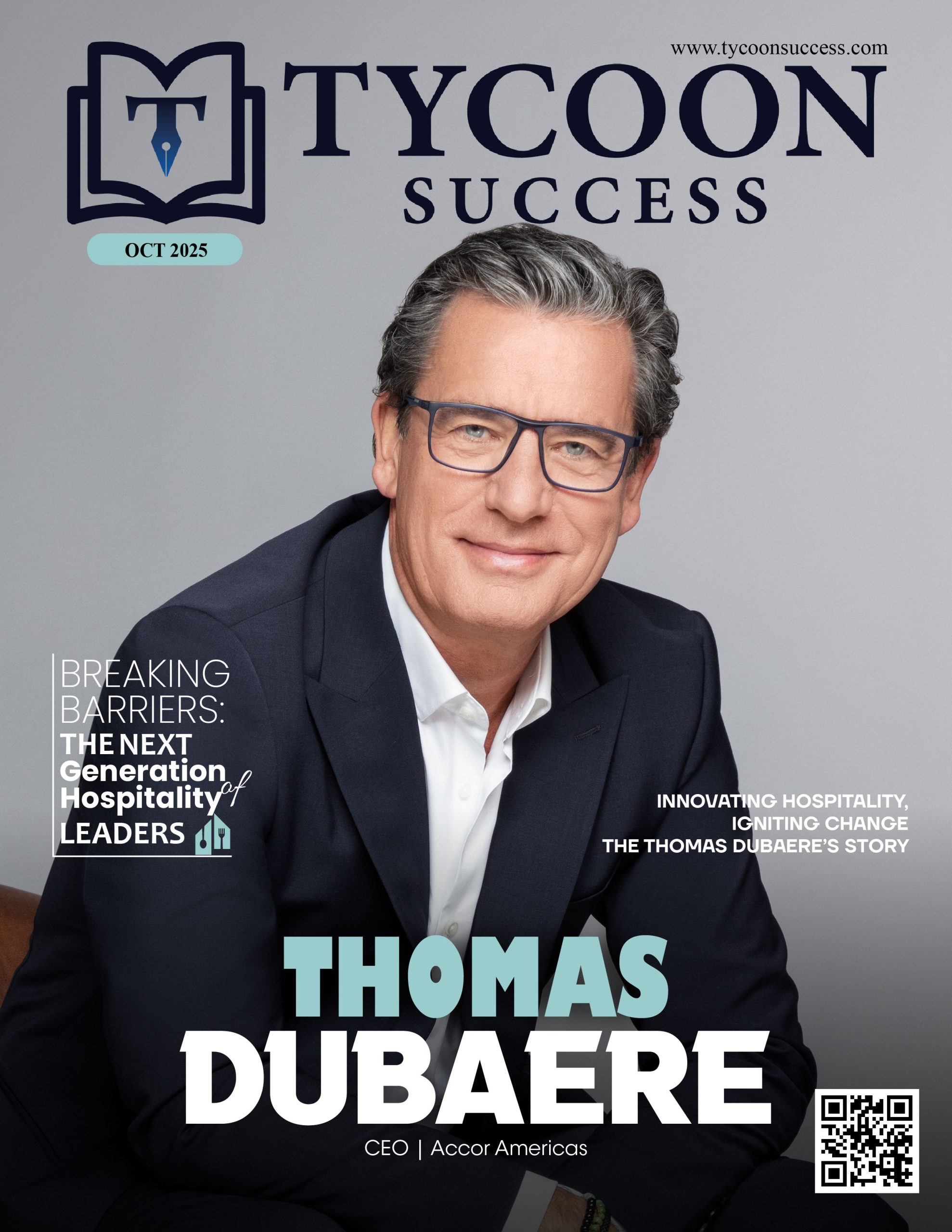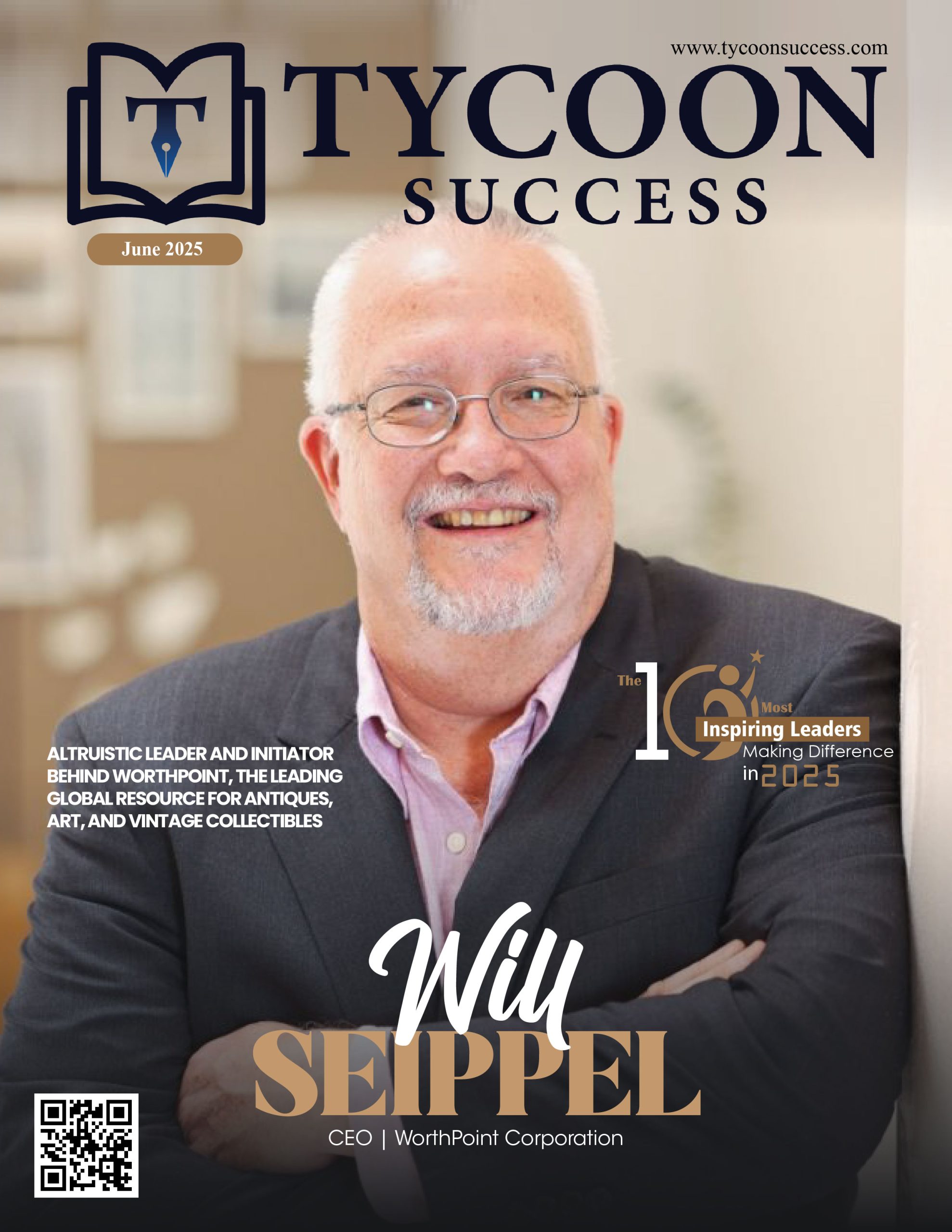In the current volatile environment, crises appear to be unavoidable, manifesting as economic recessions, worldwide health emergencies, or unexpected technological upheavals. The real measure of a brand’s durability lies not merely in its survival through these adversities, but in its ability to emerge with greater strength. Entrepreneurs who have successfully navigated turbulent times impart essential knowledge on how to cultivate resilient brands. Their insights underscore the importance of adaptability, customer-focused approaches, and effective leadership as crucial elements for not only enduring but also flourishing amid crises. This article explores the vital lessons that entrepreneurs who have thrived during challenging periods can share with those aspiring to create robust brands.
- Embrace Change and Adapt Quickly
One of the key insights gained from entrepreneurs who have successfully navigated crises is the critical role of adaptability. Companies that are unwilling to embrace change or struggle to adjust frequently find themselves surpassed by more nimble rivals. Entrepreneurs who can quickly adapt are able to transform a crisis into a chance for growth rather than a hindrance.
During the 2008 financial crisis, numerous brands experienced significant declines in sales; however, companies such as Apple and Netflix exhibited remarkable resilience. Steve Jobs, the CEO of Apple, notably advocated for a strategy that combined innovative product launches with a strong emphasis on brand loyalty, enabling the company to effectively manage financial difficulties. Concurrently, Netflix transitioned from a DVD rental service to a leading streaming platform, showcasing the effectiveness of adapting business models in response to changing consumer preferences.
- Focus on Customer Relationships
In times of crisis, the needs and priorities of customers undergo significant changes, and brands that maintain a connection with their audience are likely to cultivate loyalty. Successful entrepreneurs navigating challenging periods understand that enduring relationships with customers are founded on trust and empathy. Instead of concentrating exclusively on profit margins, resilient brands typically prioritize customer-focused strategies.
Consider the case of Warby Parker, the eyewear brand that gained significant recognition amid the economic downturn of 2008. The founders prioritized providing affordable, high-quality eyewear through a direct-to-consumer approach that minimized expenses. They actively sought customer feedback to enhance their products and services, making certain that their clients felt appreciated and acknowledged. Their capacity to listen and respond to the evolving needs of customers enabled them to expand, even in a difficult economic climate.
- Lead with Purpose and Vision
Resilient entrepreneurs recognize that a robust brand transcends the mere act of selling products or services; it embodies a commitment to a greater mission. Effective leadership in times of crisis necessitates a well-defined vision and purpose that can unite employees, customers, and stakeholders in support of a shared objective.
A notable instance is Patagonia, the outdoor apparel brand. In 2011, the company faced a significant challenge when a report disclosed that its supply chain employed environmentally detrimental methods. Rather than avoiding the issue, Patagonia embraced accountability and emerged as a strong proponent of sustainable practices, even if it meant potentially losing some customers. Their dedication to environmental stewardship has become integral to their brand identity, and the company’s leadership in this domain has cultivated remarkable loyalty among consumers who prioritize environmental consciousness.
- Diversify and Innovate
Entrepreneurs who endure crises frequently achieve this by broadening their sources of income and fostering innovation within their sectors. Following the COVID-19 pandemic, numerous businesses were compelled to swiftly adjust their operations. For instance, gym chains that faced closures promptly adopted digital transformations by providing online fitness classes. Similarly, breweries shifted their production to hand sanitizers in response to the significant decline in demand for their conventional products.
Amazon serves as a notable illustration of a brand that has demonstrated resilience through its commitment to innovation and diversification. Originally established as an online bookstore, the company has progressively broadened its scope to include cloud computing, entertainment, and grocery services. By persistently seeking new avenues to deliver value to its customers, Amazon has positioned itself effectively to navigate a range of challenges.
- Maintain a Strong Company Culture
A robust and unified company culture plays a vital role in fostering long-term resilience. In times of crisis, employees frequently serve as the initial line of defense, and organizations that cultivate an inclusive and supportive work environment are better positioned to navigate challenges successfully.
Organizations such as Zappos, recognized for their focus on employee well-being and corporate culture, have exemplified this principle in practice. In challenging periods, Zappos’ management prioritized keeping employees engaged, motivated, and empowered to assist customers. The firm’s dedication to its core values, even in times of adversity, contributed to talent retention and the cultivation of high customer satisfaction levels.
Conclusion
Establishing a resilient brand is a challenging endeavor, however, it is crucial for effectively managing the obstacles posed by crises. Entrepreneurs who succeed during such trying periods are those who welcome change, prioritize their customers, operate with a clear sense of purpose, foster innovation, cultivate a supportive organizational culture, and engage in transparent communication. By implementing these principles, businesses can create brands that not only endure crises but emerge from them with enhanced strength, adaptability, and alignment with customer needs. As the global landscape continues to change, the capacity to develop and sustain resilience will be a key determinant of enduring success.







